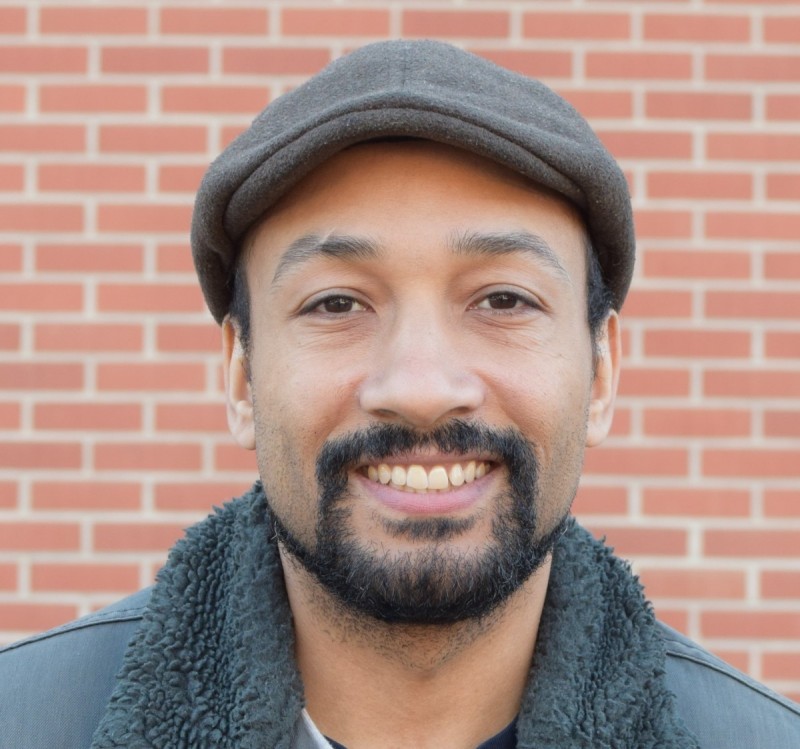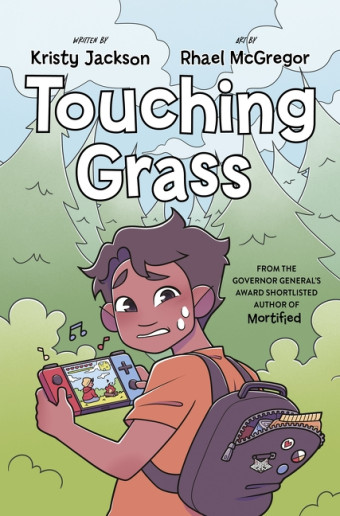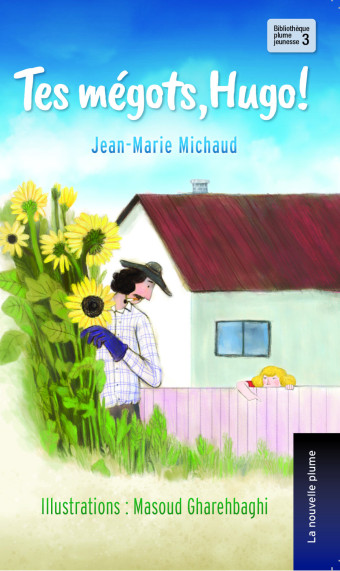When Bahamian-Canadian writer Khodi Dill wanted to share his love for rap with his children, he went looking for picture books about his passion. “I naively went book shopping in Saskatoon. Even going online and searching turned up pretty meagre results. I couldn’t believe this gigantic gap in the book market,” he explains.
Dill’s new picture book, Welcome to the Cypher, is his answer to that gap. Illustrated by Ghanaian-Canadian Toronto-based artist Awuradwoa Afful, the book celebrates the art form and its role in social change.

- Welcome to the Cypher
- Khodi Dill, Awuradwoa Afful (Illustrator)
- Annick Press
- $21.95 Hardcover, 32 pages
- ISBN: 978-17-73215-63-1
Dill, a spoken-word and hip-hop artist, wrote the book in a rap-like cadence, giving the text an energetic orality kids are sure to love. The “cypher” in the book’s title refers to how a group of rap artists take turns improvising – also known as freestyling. The book encourages the reader to join this community and try rap for themselves.
“[My own kids] wow me with their ability to engage with it and beatbox and make up stories and rhymes,” says Dill. “Kids are so imaginative, and that’s what rap, and especially freestyling, fosters – pure uninhibited imagination and creativity.”
As forms of creative self-expression, rap, spoken word, and written poetry are equally valid, although they may not always be treated that way, according to Dill. “Unfortunately, even to this day, rap isn’t afforded the same legitimacy or status as ‘literature’ in most educational settings,” he notes. “Rap and spoken word aren’t some novel trends, as I think they may be perceived as sometimes. The oral tradition in African cultures is literally ancient history. Rap and spoken word are its modern extensions.”
As an anti-racist educator, Dill sees the lack of representation as a symptom of a larger problem. Not validating these forms is “just one of the ways in which oppression manifests itself. And by silencing the art forms, our stories are silenced too.”
The need to combat oppression is expressed in his line “revolution wears a backwards cap.”

Dill explains, “What revolution calls for necessarily is doing things differently. The term itself implies change. Yet, for a lot of folks, change is what they fear the most, especially if it means giving up long-held privileges. But for people who experience oppression, we need change in order to have true equality.
“If that means sticking a children’s book about a traditionally Black art form in your kids’ hands, then that’s wonderful. Hopefully, it means that and so much more.”
Dill challenges the stereotypes around rap – for example, the ideas that rap isn’t a legitimate art form and isn’t appropriate for children. He says that these misconceptions are “rooted deeply in anti-Black racism. Writing Welcome to the Cypher became partly about peeling back these misconceptions and revealing rap for what it truly is: art, as pure as any other art, and as wonderful and liberating and legitimate too.”
Dill believes in the role of art and self-expression as a catalyst for change. “Art holds within itself immense power for social change,” he says. “When I think about the efficacy of arguing with someone over social media about politics versus the efficacy of telling stories, painting pictures, dancing your heart out, there’s no comparison.
“Art is the stuff that changes hearts and minds.”












